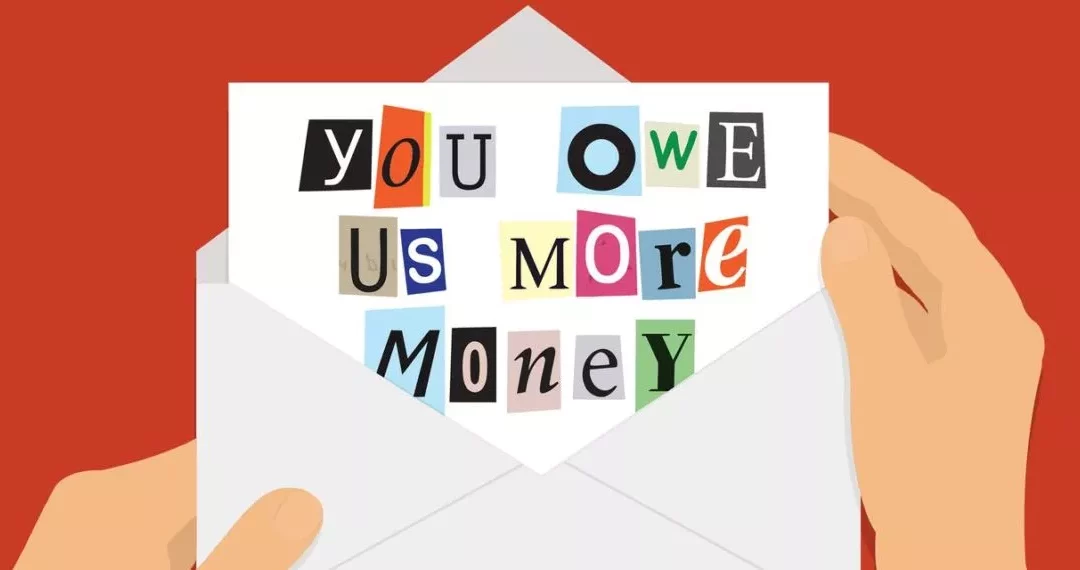Avoid This Payroll Tax Nightmare! Don’t ignore IRS notices like Mr. Mohammad did.
Here is what happened to Mr. Mohammad A. Kazmi “Mohammad,” learn from his story, so you don’t let this happen to you. Avoid this payroll tax issue!
An Illinois corporation called Urgent Care Center Inc. employed Mr. Mohammad as a part-time hourly bookkeeper.
- He had no ownership interest in Urgent Care.
- He was not an officer of Urgent Care.
- His name was not on any of Urgent Care’s bank accounts.
- He did not have check-signing authority for Urgent Care or any power to make payments on behalf of Urgent Care.
Mohammad always worked under the authority and direction of Dr. Sunno, who owned Urgent Care Corporation, an S corporation.
Okay, so now here’s the problem…
During the interview, he indicated that he was authorized to transmit payroll tax returns and make federal tax deposits. He was also aware that Urgent Care did not remit the employees’ withheld taxes.
So here we have the part-time, hourly paid bookkeeper who could not sign a check or authorize payments with $10,375 of payroll tax trouble—attributable entirely to Dr. Senno.
Urgent Care did not pay its payroll taxes; the IRS found that Mr. Mohammad was responsible, so he was on the hook for the unpaid taxes and the 100% trust fund penalty. Mr. Mohammad’s amount at risk is $20,750.
He took his case to court.
IRS Interview: The record before the court included IRS Form 4180, “Report of Interview with Individual Relative to Trust Fund Recovery Penalty or Personal Liability for Excise Taxes.”
The IRS revenue officer asked him about his job title, which he indicated as ‘bookkeeper,’ so he has to take care of payroll; on the form, he indicated the following:
- He did not determine the financial policy for Urgent Care.
- He did not authorize payments of bills or to creditors.
- He did not authorize payroll.
Missed Opportunity: The IRS sent IRS Letter 1153 to Mr. Mohammad by certified mail. He signed the postal service form signifying he had received the letter.
Letter 1153 set forth that the IRS considered Mr. Mohammad a person responsible for the unpaid payroll tax and subject to the 100% trust fund penalty—the $10,375. Mohammad had 60 days to challenge by submitting a written appeal, and he did not.
Result: The judge ruled that Mr. Mohammad had to pay $10,375. But you can see in this opinion that the court does not rule that Mr. Mohammad was a responsible person. Instead, the court ruled that the IRS did its job correctly and that Mr. Mohammad owes the money because he failed to respond to Letter 1153.
Key point. Had Mr. Mohammad responded to Letter 1153, the IRS likely would not have considered him a responsible person based on his facts and circumstances.
Final thought: Don’t ignore IRS notices.
If you have a payroll tax issue and would like to discuss it, Book Your Free Consultation Here.

